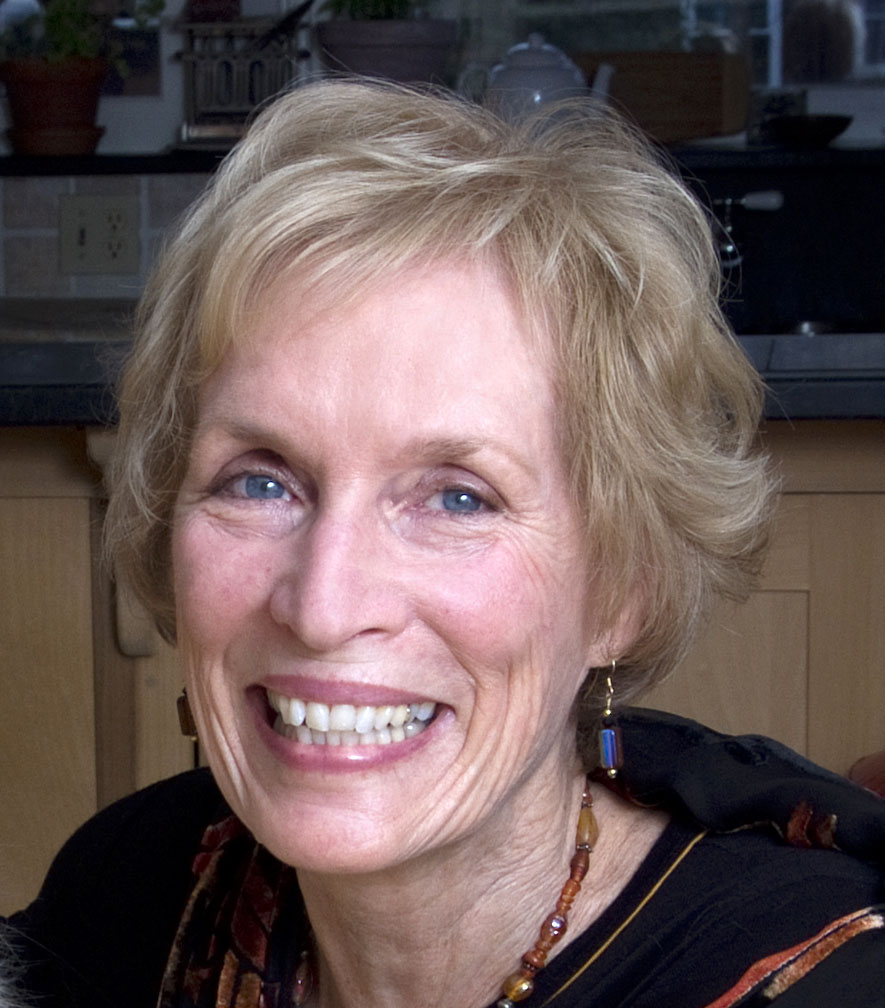The following article is a summary of a study published in the Journal of Humanistic Psychology in 2012 titled, “Women Psychologists: Multiple Paths, Similar Yet Distinct Identities.” It was authored by one MSP faculty member and five MSP students who utilized the Consensual Qualitative Research Model (CQR). The participants were Marjorie Scott, Frances Brown, Karen Marshall, Emily Jensen Judd, LaTisha Braboy, and Sachi Jhaveri-Mehta. A review of the literature was also included.
Undertaking the Research
Several years ago after leading a workshop on the meaning of being a woman psychologist, the enthusiastic testimonies I heard inspired me to undertake a research project. It would include a female student from each of the doctoral classes at MSP. I chose women of diverse backgrounds who were eager to record their individual life and career development experiences. They included a grandmother of five, a lesbian of Italian descent and mother of two, a recent PsyD graduate pregnant with twins, an Indian woman, a single African American woman who cared for her chronically ill mother, and a young divorced woman. One goal was to compare ourselves with the first women psychologists who had entered their training nearly a century before us. The back story was our knowledge that, although the majority of psychology students in professional schools today are women, they have been largely overlooked in documented histories of the field. Thus, the over-riding question in our search became, “Who are women psychologists today?”
The Process
We each wrote our own stories; we met as a group as often as was feasible. Since this was not an assigned project for any of us we had to use our limited free time. Frequently, that meant a few hours on Sunday in my living room. We met, we wrote, we read and listened to each other and gradually the organization of our stories began to surface. There were common themes in our experience even though our ages spanned five decades; some themes echoed those of the young women in the early 1900s who had defied tradition and become pioneers within their cultures and families. Our differences were clear: the early women psychologists were typically Anglo-Saxon Protestants from the privileged middle class; women who obtained advancement in their academic careers then were unmarried and typically taught at women’s colleges; married women were not allowed to hold academic positions.
The Core Themes
The three core themes that emerged from our stories were: (a) spirited personality traits; (b) constraints of culture, gender, race and social class; and (c) development influenced by relationships and role models. The women in this study described spirited personality traits, including an awareness of being different from most of the girls and women with whom they came in contact and a willingness to defy conventional women’s roles and characteristics. As they developed they began to recognize that they could make choices that were not congruent with the expectations of family and friends.
Participants spoke to the second theme by voicing their feelings of being disconnected from those around them as a result of attitudes about gender, ethnicity and culture. They recalled an early awareness that their personal values and attitudes were incongruent with those of their families and friends and described their struggles to come to terms with this reality. Despite feeling disconnected with others, this group of women psychologists continued on their identity paths while risking alienation from their families, peers, and cultures.
In the final theme, the power of relationships and role models finds the women speaking universally of the strong women who had influenced their thinking about what was possible for them. Mothers, grandmothers, mentors and even women known only through the media were mentioned. It seemed that the women participants had absorbed the role models’ qualities, words and actions. Inspiration was felt, heard, thought and breathed in over time.
Opportunities for Further Research
Since psychology is clearly an appealing field to women, further research on identity development of women psychologists is warranted. One aspect of the clinical relevance is that women clinicians may be encouraging traits in their female clients that mirror their own. The differences within this small group in terms of age, race, family culture, career development and sexual orientation have clinical relevance as well; exploring these aspects of diversity may determine possible influences on client populations.
Conclusion
To shed light on those women who choose psychology as a profession, this study examined the experiences of women whose distinct identities and multiple paths converged. Doing the study strengthened the bonds between the six of us who may have otherwise have remained at best acquaintances. The potency of the new story substantiates the legacy of women psychologists and supplements the largely over-looked documented histories of women in the psychology profession.

By Dr. Marjorie Scott, PhD, LP, Adjunct Faculty at MSP
Original Article
Scott, M., Brown, F., Marshall, K., Jensen Judd, E., Braboy, L., & Jhaveri-Mehta, S. (2012). Women psychologists: Multiple paths, similar yet distinct identities. Journal of Humanistic Psychology, 52(3), 279-303. doi:10.1177/0022167811420298 http://jhp.sagepub.com/content/52/3/279.refs.html